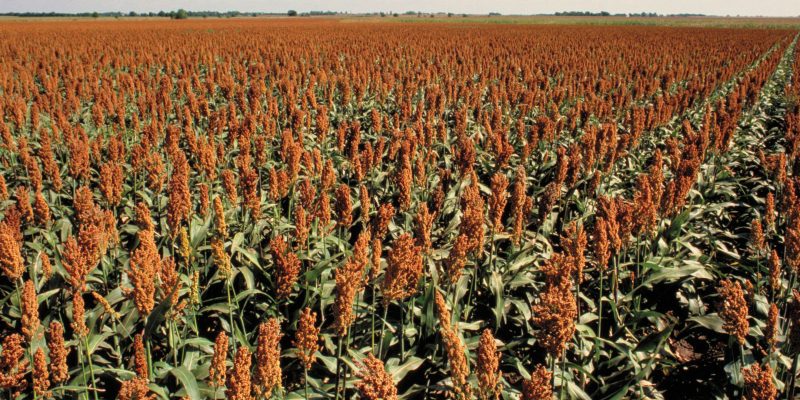The HudsonAlpha Institute for Biotechnology along with partners at the University of Nebraska will work on understanding how sorghum responds to nitrogen-based fertilizer and educating the next generation of scientists in Agrigenomics. The opportunity comes from a four-year, $3.9 million grant from the National Science Foundation (NSF).



